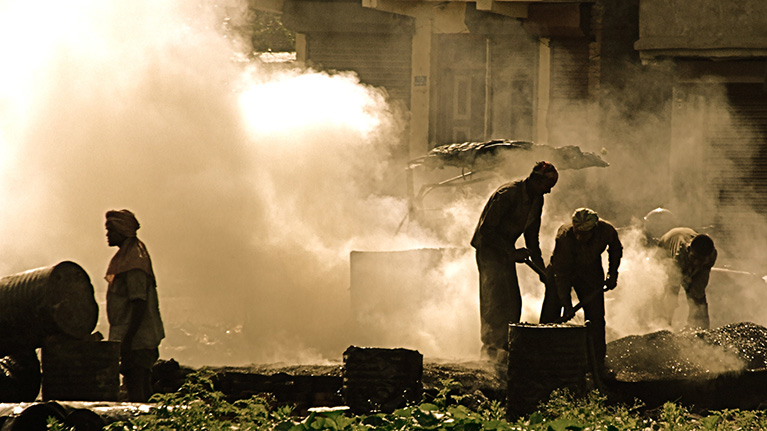KINGSTOWN, St. Vincent, Sept. 16, 2014, CNS – A senior official at the Caribbean Community Climate Change Centre (CCCCC) said global climate change has emerged as the greatest threat to the sustainable development agendas of Caricom countries.
Dr. Ulric Trotz, the Deputy Director and Science Advisor at the CCCCC said projections from regional climate models definitely point to a drier and warmer Caribbean in the future, with dire consequences for economic activities in the tourism, agriculture and financial sectors, for the water and health sectors, for poverty and insurance, and the regional natural resource base.
“In the Caribbean, rising sea level threatens the inundation of low lying coastal areas, the erosion of our coasts and beaches, exposure of our infrastructure to greater storm surge risks during hurricanes, salinization of our soils and aquifers and loss of the ecosystem services provided by our mangroves and other coastal ecosystems,” Trotz said.
“Rising sea surface temperature could be equally devastating, resulting in increased episodes of coral bleaching, with the consequent breakdown of shoreline protections provided by this critical ecosystem, loss of amenity value to the dive tourism industry and the degradation of an important fisheries habitat.
“Rising sea surface temperatures are also projected to lead to an increased intensity of hurricanes and possible migration of commercial fish stock to cooler waters out of the region,” Trotz said, adding that “the latter will have serious implications for the livelihoods of the region’s fisher folk and seriously compromise the nutritional integrity of our Caribbean population.”
But Trotz said the region has been preparing to address the problem of climate change.
“Our actions were informed by the Barbados programme of action emanating from the SIDS environmental meeting held in Barbados in 1994 in which action on climate change was identified as a priority,” he explained.
“Since 1997 the region has been building capacity for climate change adaptation and mitigation through the implementation of a series of activities aimed at providing the knowledge base for decision making on climate change adaptation in the Caribbean.
“We have had our Heads agree to the Lilliendall Declaration which clearly defines the region’s political position on key issues in the global climate change negotiations and emphasises the need for adaptation,” he added.
He said a series of pilot adaptation measures have been implemented in the region in Bequia, St. Lucia and Dominica and the Bequia experience is being replicated in Cariacou, Petite Martinique, Barbados and Cay Caulker in Belize.
CNS/ml/2014



